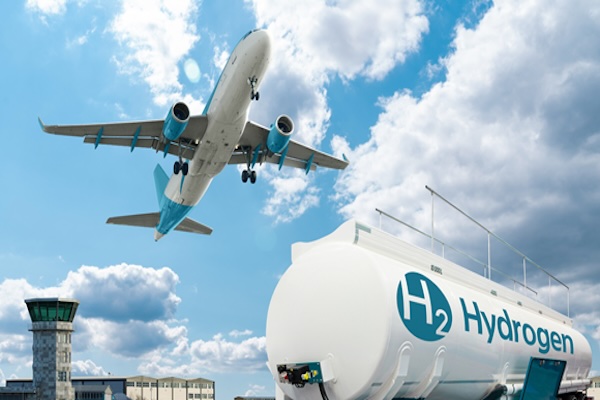The Civil Aviation Authority (CAA) is significantly advancing its commitment to sustainability by forming a specialised group to examine hydrogen as a viable fuel for the aviation industry.
The Hydrogen Working Group aims to promote innovation and collaboration among stakeholders, focusing on the transition to cleaner energy sources within the sector.
The Civil Aviation Authority (CAA) has announced the establishment of a Hydrogen Working Group (H2Wo) to explore the potential of hydrogen as a sustainable aviation fuel. This initiative is part of the broader Hydrogen Challenge launched last year, aiming to foster collaboration between industry and academia. The group is set to accelerate the development and safe implementation of hydrogen as part of the aviation sector’s push towards sustainability.
The newly formed group will concentrate on the application of hydrogen in powering aircraft, certifying hydrogen-powered aircraft, and developing the necessary infrastructure at airports. This broad focus underscores the importance of hydrogen in achieving aviation’s net-zero emissions goals. The CAA’s pledge to ‘work at pace’ highlights the urgency and commitment towards integrating hydrogen into aviation practices.
Sophie O’Sullivan, the CAA’s head of future safety and innovation, emphasised the significance of hydrogen in achieving zero-emission flights. ‘Introducing hydrogen as an aviation fuel is a critical step towards the achievement of zero-emission flight,’ she affirmed. Such statements reflect the unwavering dedication of the CAA to propel advancements in green aviation technologies for a more sustainable future.
Applications to join the Hydrogen Working Group opened on 23rd July and will close on 5th September. This timeline suggests a structured and meticulous approach in selecting participants who can contribute to the group’s objectives. The CAA is keen to harness diverse expertise in its pursuit of innovative aviation solutions.
Airbus’s collaboration with aircraft leasing firm Avolon reiterates the industry’s vested interest in hydrogen as an alternative fuel. This partnership will explore the commercialisation and financing of hydrogen-powered aircraft, critical in supporting their potential wide-scale deployment. The collaboration highlights a significant step in the industry’s efforts to reduce emissions and improve sustainability.
Developing a robust infrastructure at airports for hydrogen usage is paramount. It’s imperative to establish precise systems for handling, storage, and distribution of this fuel. Such infrastructure will underpin hydrogen’s viability as an alternative aviation fuel, facilitating seamless integration and utilisation by airlines and airports alike.
The aviation industry’s commitment to hydrogen as a viable fuel source is evident in the resources dedicated to this cause. Ongoing research and development efforts are set to transform how aviation fuel is sourced and utilised, steering the sector towards a greener future.
The establishment of the Hydrogen Working Group by the CAA marks a pivotal moment in the aviation industry’s transition towards sustainable fuel sources. With significant backing from industry leaders like Airbus, the initiative showcases the collective commitment to an eco-friendly aviation future. Hydrogen’s role as a potential game-changer in reducing emissions is receiving the attention and action it demands.

